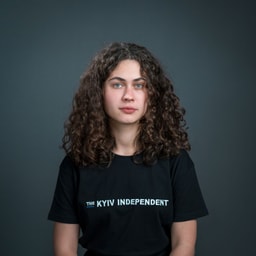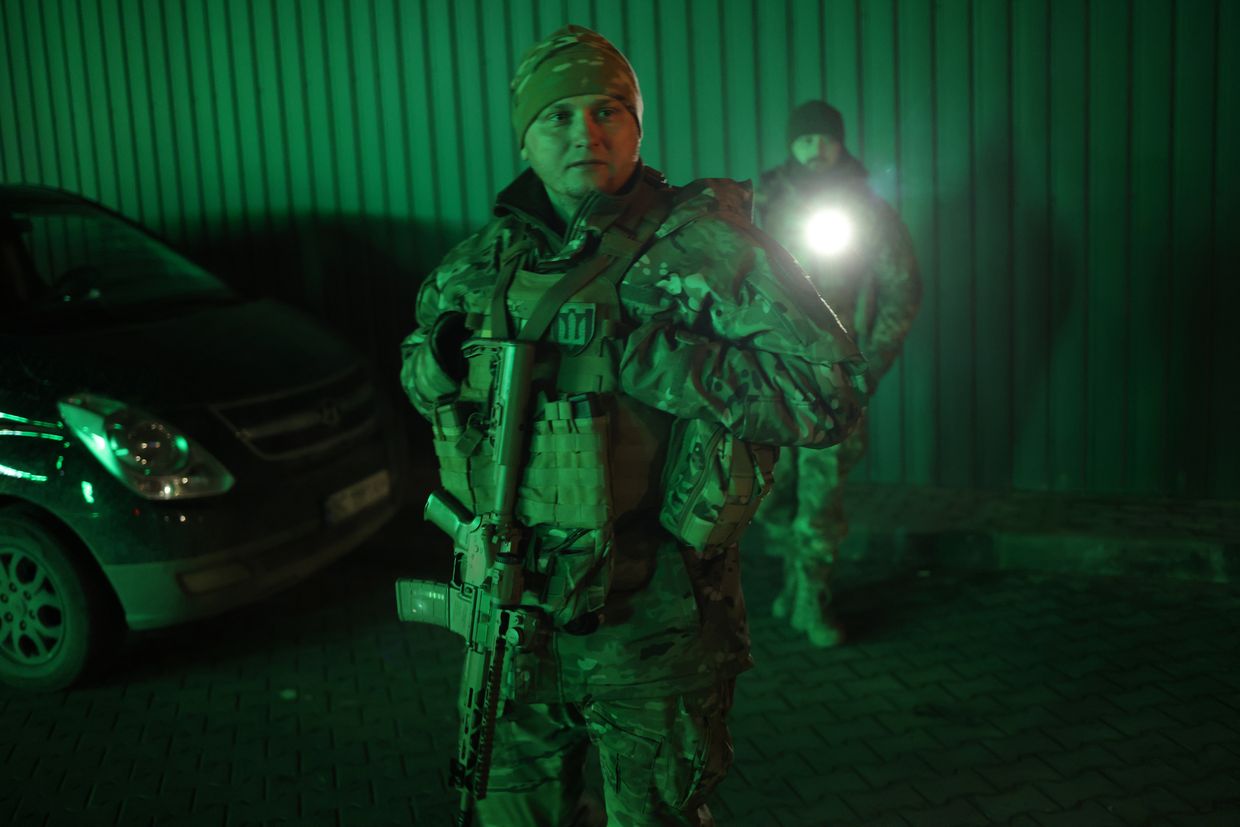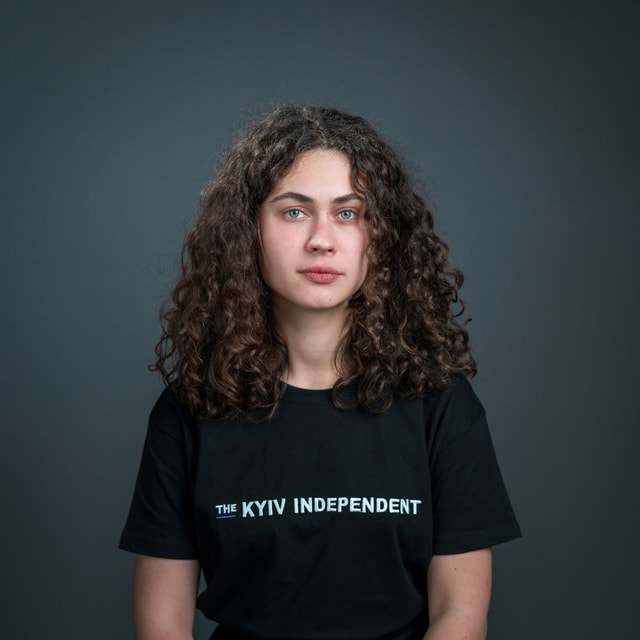Russia’s FSB 'neutralizes' alleged terrorist planning attack in Moscow

Russia’s Federal Security Service (FSB) shot to death a suspected terrorist who was allegedly preparing an attack on the Moscow subway station and a Jewish institution, Russian media reported on Mar. 3.
While being detained in Moscow region, the suspect resisted arrest and was "neutralized" during a shootout, the Public Relations Center of the FSB said, in comments reported by Interfax-Russia
Firearms and chemical substances for assembling explosive devices were reportedly found and seized during a subsequent investigation at the suspect's apartment.
"The terrorist intended to carry out the detonation of self-made explosive materials," the FSB said.
The suspect was a Russian citizen originating from Central Asia and is alleged to have been a member of an international terrorist organization banned in Russia. After the attack, he planned to join a terrorist organization in Afghanistan, the FSB claimed.
According to Radio Free Europe/Radio Liberty, four terrorism suspects were killed by the FSB this year so far. One of them was accused by Russia of undergoing training in Kyiv before preparation of an attack against a Russian official.
The State Duma passed a bill on Dec. 12 expanding the criteria for the 'Terrorists and Extremists' registry, including political, religious, ideological, racial or national hatred.
According to the U.S.-based think tank Institute for the Study of War (ISW), the proposed bill would provide "significant leeway to designate people who have allegedly committed a wide array of crimes as terrorists and extremists."
The law is to take effect on June 1, 2025, Deutsche Welle reported.
Russia has been regularly accused of arbitrarily jailing political opponents and dissidents accused of politically-motivated hatred.
According to the ISW, in seeking to control dissent, the Kremlin is "looking to change the mechanisms for adding people to the terrorist and extremist list in order to incentivize Russians to engage in self-censorship by tightening the Kremlin's control over criticism in Russian society, especially about Russia’s war in Ukraine."











